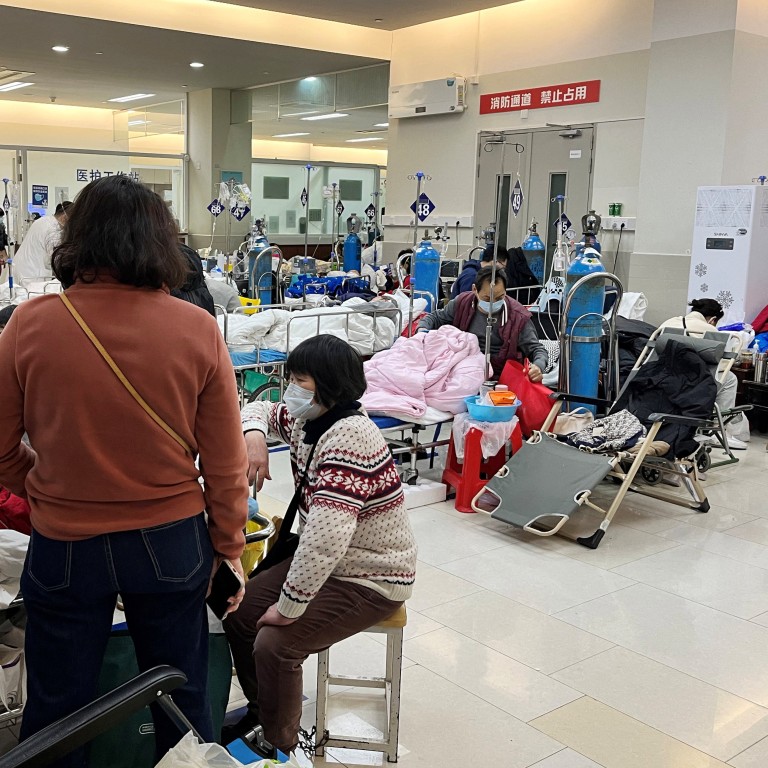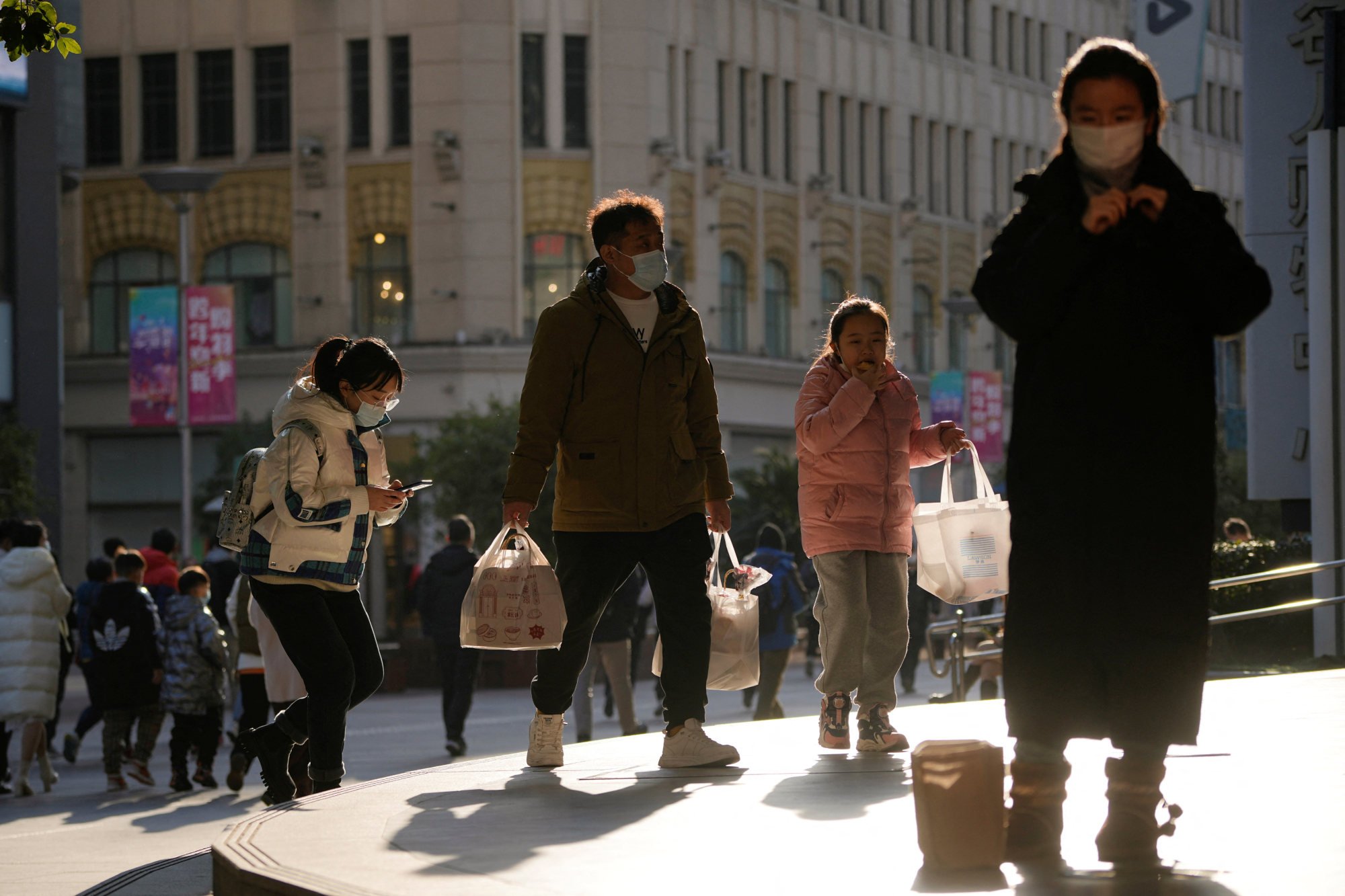
Covid-19 in China: up to 70 per cent of Shanghai’s population has now been infected, says leading city doctor
- Chen Erzhen, a member of the city’s expert advisory panel, says millions more have been infected compared with last year’s outbreak
- The country’s lifting of Covid controls has seen a surge in cases around the country, with one province saying it is seeing around a million new cases a day
China orders Covid-19 sewage watch as ‘living with virus’ begins
“At that time … the infected were screened by nucleic acid tests and many of those in makeshift hospitals showed no symptoms. The epidemic now is so widespread that it has probably reached 70 per cent of the population, more than 20 to 30 times the number at that time,” Chen said.
He said the volume of patients in the emergency unit of his hospital has doubled to 1,600 people per day, 80 per cent of them Covid-related, with vulnerable groups such as the elderly or immunocompromised making up around half of these cases.
The hospital expanded its emergency capacity from four to eight consultation rooms and deployed additional medical staff from other departments, especially for the emergency unit, he added.

“Despite the dramatic increase in the volume of patients, treatment is being carried out in a smooth, safe and orderly manner,” Chen added.
In Zhejiang, a province neighbouring Shanghai,the number of cases is now rising at a rate of around a million a day and is expected to peak later this month, according to the provincial centre for disease control and prevention.
The centre also warned that the reopening of national borders and the Lunar New Year travel rush later this month will increase the risk of a spike in cases fuelled by new variants.
Jiao Yahui, director of the National Health Commission’s medical affairs department, told state broadcaster CCTV on Monday, that it would be an “enormous challenge” to cope with outbreaks in rural areas.
China can expect repeat Covid infections with new strains on the way: experts
“What we are most worried about is that in the past three years nobody has returned home for Lunar New Year but they finally can this year,” said Jiao.


